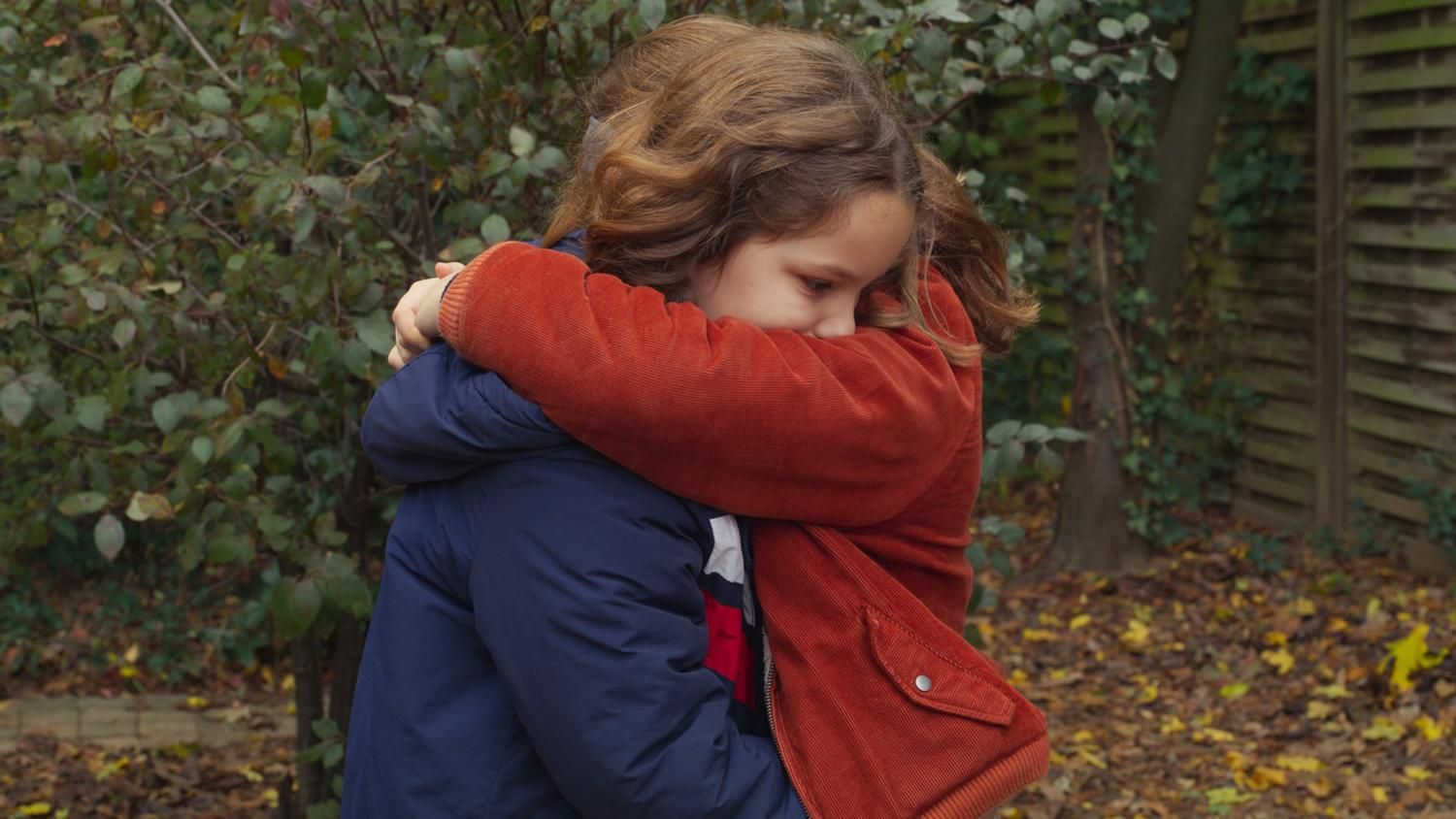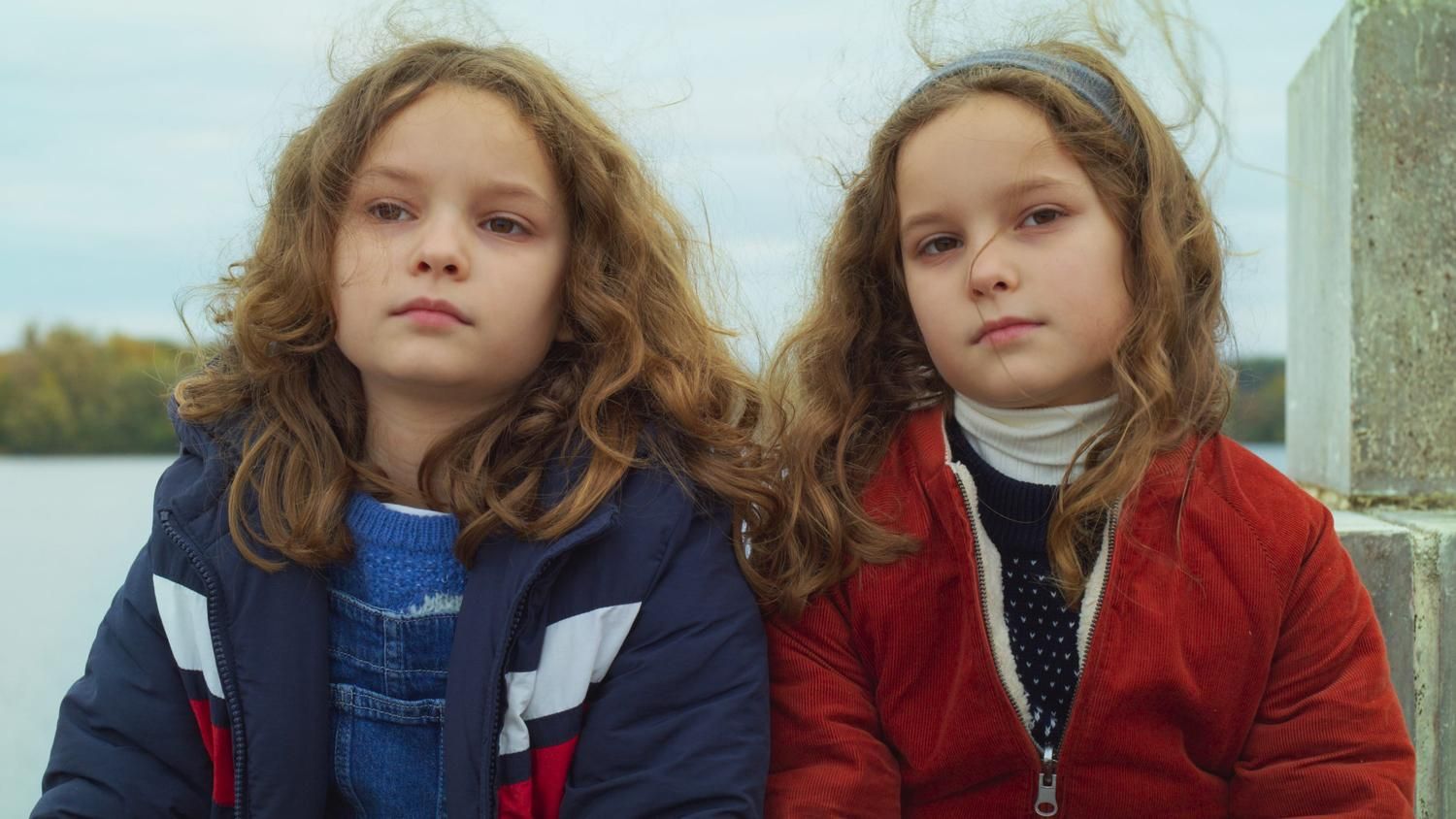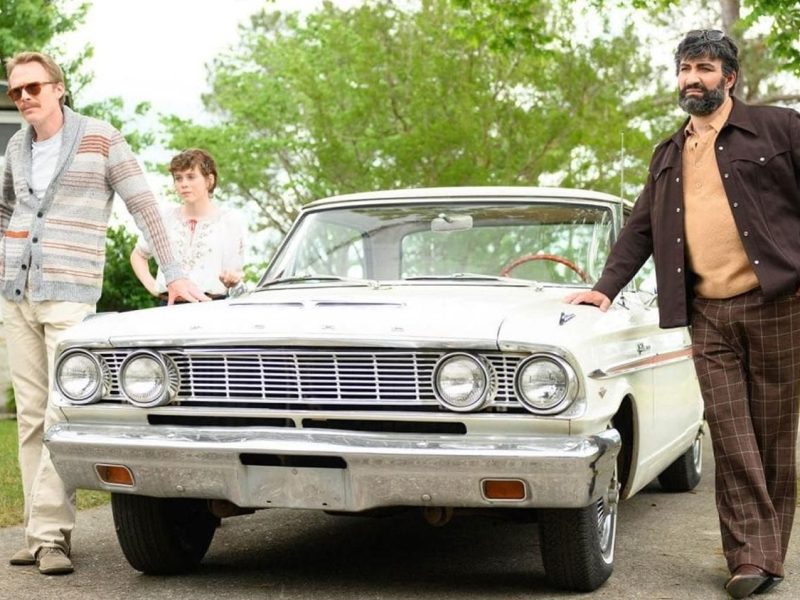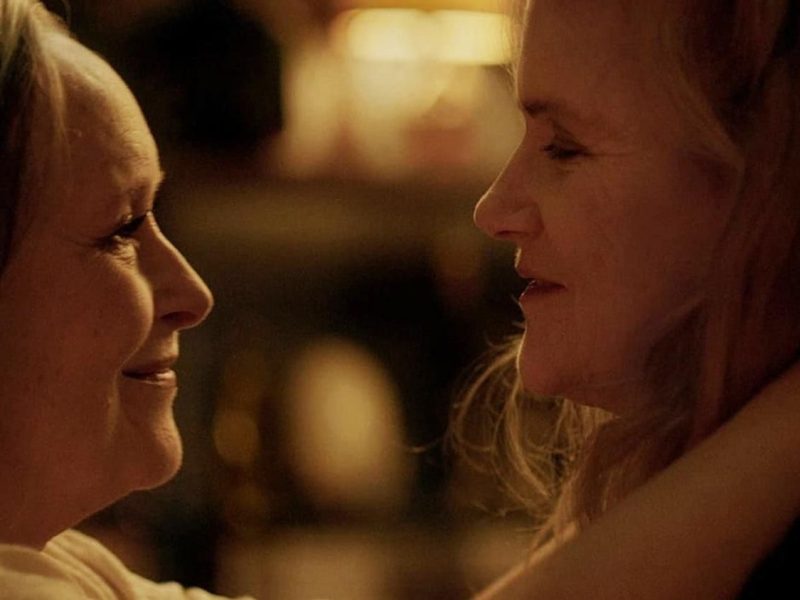Petite Maman Review
After the beautiful, windy Portrait Of A Lady On Fire, Celine Sciamma returns with a story just as captivating and beautiful but is even more microscopically in its scope. It was made under lockdown conditions and with a the tiniest cast and just 75 minutes in length and packed with more emotion and human connection than films that are three times the length.

Nelly (Josephine Sanz) is a quiet , eight-year-old who goes along with her family to clean out the house of her grandmother after the death of her mother. Nelly is grieving her grief, along with her mother, who is clearly struggling (Nina Meurisse) When Nelly encounters Marion (Gabrielle Sanz) in the woods near the house. Nelly quickly realizes that she is in fact, and immediately admit that she is a mother, who is also her age. They become close friends and Nelly recognizes that she is given the an opportunity to find out more about her mother's reserved nature and discover some remaining pieces of her life.
More so than Portrait, Sciamma comes across as a elegant and confident filmmaker in this film.
The film doesn't even explain its story in such a simple words. More so than Portrait, Sciamma comes across as a remarkably elegant and confident filmmaker , relying her entire film on the careful selection of shots and mood, as well as the two leads she has, instead of any expositional bumph. With the cinematographer Claire Mathon, Sciamma keeps the camera at her young protagonists at eye level, framing the shots to suit their needs rather than the needs of an adult. If the colours flutter over their faces and framing seems spot-on and their hair is blowing, their natural style and unstudied reactions shout of authenticity and keep the scene from being too formal and slick. The sisterhood among the Sanz twins is incredibly helpful in this regard: neither show any child-actor need to make a statement, however, they are comfortable between them and an effortless understatement that works wonderfully.
Everything else is intentionally ambiguous. The story appears to be set in the present, but it could also take place at any point in time back to around the 1980s and that's what gives an ethereal sense of possibility. Perhaps this is happening in the mind of Nelly Perhaps it's a type of ghost story that is a tale for the livinghowever, it's crucial and relevant in the sense that even the most imaginable things are at times when we're children. Sciamma is a child-like filmmaker more than any other filmmaker out on the market, with the exception of maybe Miyazaki (to his work it has been compared) as well as, just like him, she takes her camera to the little girls who are mostly ignored in American cinema, as well as the relationship they have with their mother, an incredibly neglected subject next to the omnipresent father-daughter complex.
Arthur C. Clarke -perhaps Thor was once quoted as saying that scientific advancement can be distinguished from magic and that's exactly what's that is happening in Sciamma's filmmaking. Sciamma's cinematic storytelling style is precisely tuned so that she is able to use a concept from science fiction and remove it from every unnecessary explanation and scrap of tech gadgetry until she's left with a magical, amazing opportunity to get to know and appreciate your loved ones more. It's a dreamy notion that it could be a matter of magic to understand each other better however there's a glimmer of hope in the core of the film that doesn't let it get too weighty.


